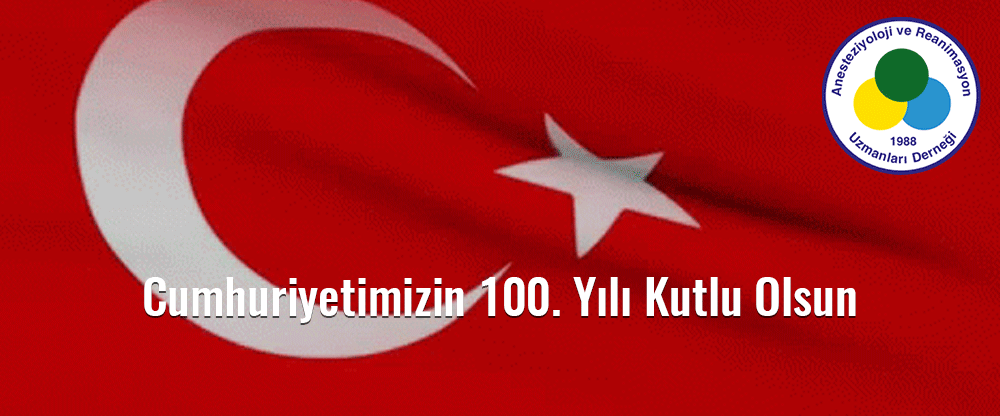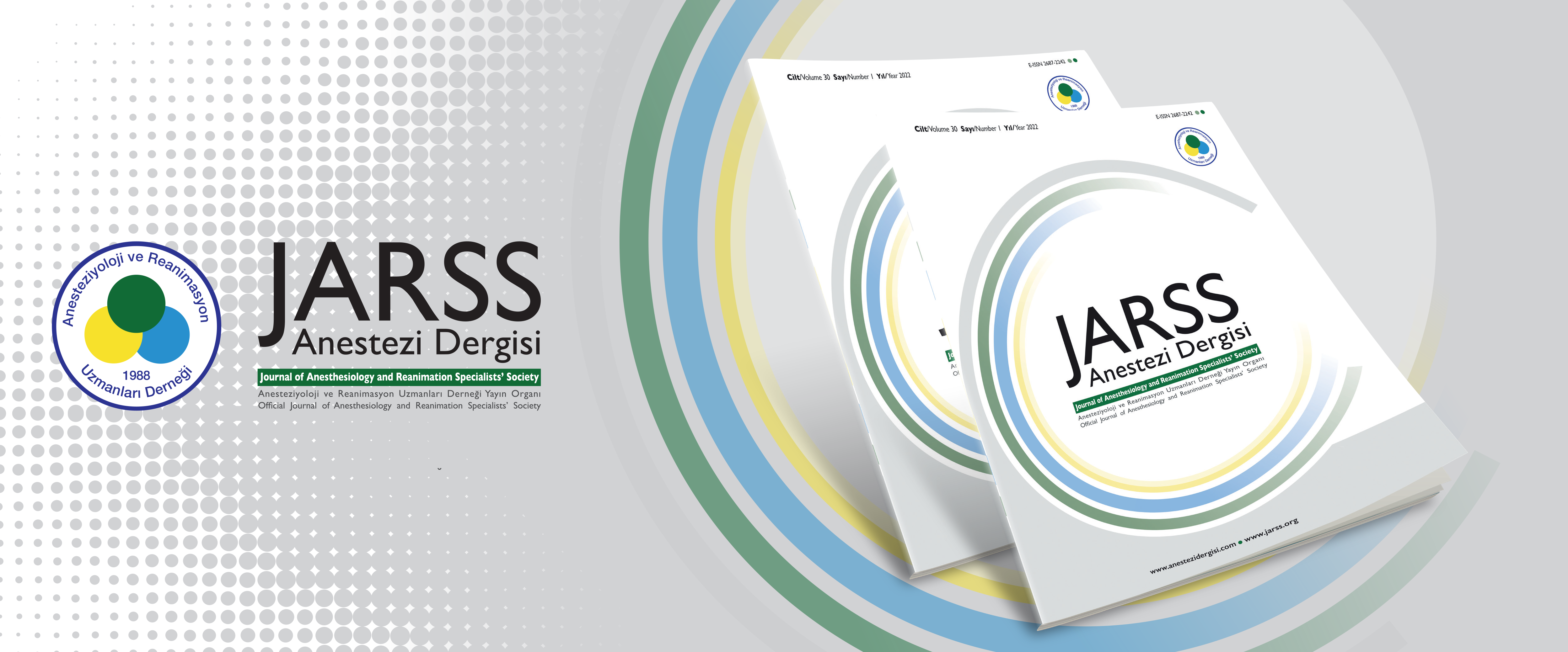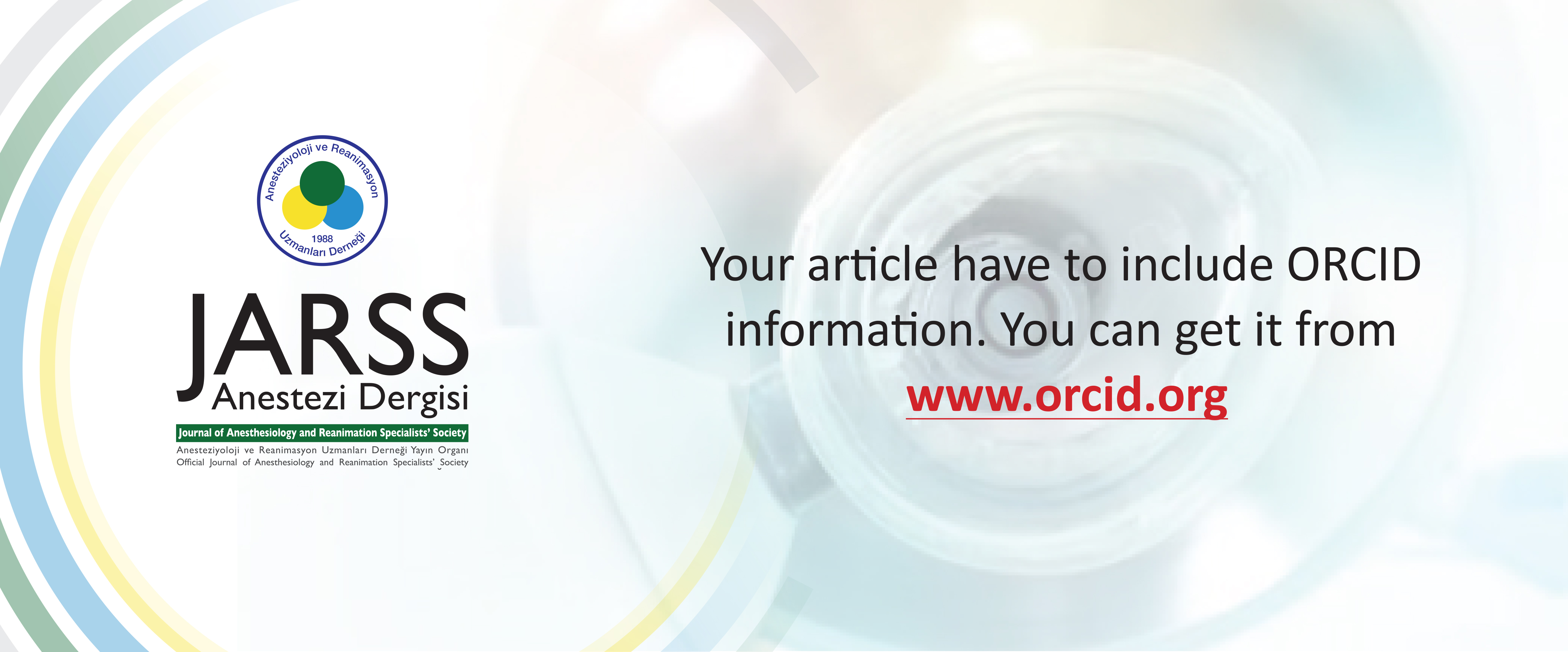Intravenous Port Catheter Implantation: Retrospective Study in Single Center Experience
Mete Manici, Kamil Darçın, Agah Isguzar, Sami Kaan Coşarcan, Barış Küçükerdem, Ömür ErçelenKoc University School of Medicine, Department of Anesthesiology and Reanimation, Istanbul, TurkeyObjective: Totally implantable venous access ports (TIVAPs) are widely preferred for oncology patients who need chemotherapy. Although peripheral cannula or catheter in a large vein may help chemotherapy treatment; some complications such as vascular irritation, thrombosis may interrupt the treatment. To avoid this interruption, TIVAPs are usually preferred. The aim of the study was to evaluate device related complications and safety with anesthesia team implanted TIVAPs.
Methods: This retrospective study was conducted on patients who underwent procedure for implantation of TIVAPs in our hospital between the dates of January 2017 - December 2020. The demographic data, vascular access side, complications seen related to TIVAPs insertion procedure, the number of removed catheters, reasons of removal of catheters were recorded.
Results: During this study period 700 TIVAPs procedure have been performed in our clinic. While 646 patients (92.3%) had right sided TIVAPs, 678 patients (96.8%) had TIVAPs inserted to subclavian vein. When the most common cancer seen in this patient group was colorectal cancer, hepatobiliary tract cancer group came second. Total number of removed catheters for some reasons was 107 which is 15.2% of all patients. When the causes for catheter removal were examined, it was discovered that although systemic infection was the most common reason (47 patients, or 6.7%), the number of patients with positive culture from the port was extremely rare (19 patients) (2.71%).
Conclusion: We think that when TIVAPs are inserted under ultrasound guidance and fluoroscopy control in the operating room, the incidence of complications will be relatively low. Especially in cancer patients, TIVAPs can be inserted and used safely with high patient comfort.
İntravenöz Port Kateter İmplantasyonu: Tek Merkezli Retrospektif Çalışma
Mete Manici, Kamil Darçın, Agah Isguzar, Sami Kaan Coşarcan, Barış Küçükerdem, Ömür ErçelenKoç Üniversitesi Tıp Fakültesi, Anesteziyoloji ve Reanimasyon Ana Bilim Dalı, İstanbulAmaç: Tamamen implante edilebilir venöz erişim portları (TIEVEP), kemoterapiye ihtiyaç duyan onkoloji hastaları için yaygın olarak tercih edilmektedir. Büyük periferik kanül veya kateterler kemoterapi tedavisini kolaylaştırsa da damar yolu irritasyonu ve tromboz gibi bazı komplikasyonlar tedaviyi kesintiye uğratabilir. Bu kesintiyi engellemek için genellikle TIEVEP’ler tercih edilir. Bu çalışmanın amacı anestezi ekibi tarafından yerleştirilen TIEVEP’lerin cihaz ile ilişkili komplikasyonlarını ve güvenliğini araştırmaktır.
Yöntem: Bu retrospektif çalışma, Ocak 2017 - Aralık 2020 tarihleri arasında hastanemizde TIEVEP implantasyonu yapılan hastalar üzerinde yapılmıştır. Demografik veriler, kateter takılan taraf, görülen komplikasyonlar, çıkarılan TIEVEP sayısı, çıkarma nedenleri kaydedilmiştir Bulgular: Bu çalışma süresince kliniğimizde 700 TIEVEP takılmıştır. Altı yüz kırk altı hastada (%92,3) sağ TIEVEP varken, 678 hastada (%96,8) TIEVEP subklavyen vene yerleştirilmiştir. Bu hasta grubunda en sık görülen kanser kolorektal kanser iken, hepatobiliyer sistem kanseri grubu ikinci sırada yer aldı. Yüz yedi olguda (%15,2) çeşitli nedenlerle kateter çıkarılmıştır. Kateter çıkarılma nedenleri araştırıldığında her ne kadar 47 hasta (%6,7) ile en sık neden sistemik enfeksiyonsa da, TIEVEP’den alınan örneklerde kültür pozitif olan hasta sayısının 19 (%2,71) olduğu görülmüştür.
Sonuç: Tamamen implante edilebilir venöz erişim portlarının ameliyathanede ultrason rehberliğinde ve floroskopi kontrolünde yerleştirilmesi durumunda komplikasyon insidansının oldukça düşük olacağını düşünüyoruz. Özellikle kanser hastalarına TIEVEP’ler yüksek hasta konforuyla güvenle yerleştirilebilir ve kullanılabilir.
Manuscript Language: English
(470 downloaded)


















